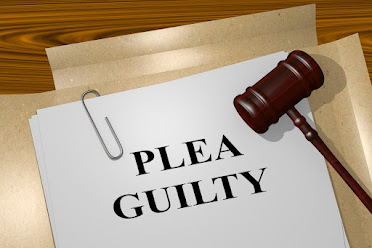Matt Horeczko- Can You Withdraw Your Guilty Plea? (PC 1018)
Those who have pled guilty to a criminal charge in California may think that their conviction cannot be reversed, however, that is not always the case. When individuals are charged with a crime and brought before the court, the judge will ask them to plead guilty. According to Matt Horeczko, the judge will then sentence them according to the law or any plea agreement they have reached.
However, in some situations, it may be possible for a defendant to file for a withdrawal of the plea.
What
Are the Steps Toward Making A Motion Of Withdrawal Of Plea?
If you wish to withdraw your guilty plea, your lawyer must draft a motion of withdrawal of plea and file it with the court. Generally, a motion of withdrawal of a plea may be made at any time before sentencing or within six months of the entry of judgment. Withdrawing a guilty plea after sentencing can be a much more complex process and may require filing a petition for habeas corpus or a petition under PC 1473.7.
Reasons
For Withdrawal Of Plea
For instance, a defendant may decide to withdraw their plea when they weren't aware of all direct and collateral consequences when entering the plea of guilty. This occurs, for example, when a defendant enters a plea of guilty to a crime and is unaware that his driver's license will be suspended by the Department of Motor Vehicles.
Another example is when a defendant pleads guilty to a crime but later finds out that the guilty plea will result in his or her deportation or other adverse immigration consequences.
A court's approval of a withdrawal
of plea effectively means that the criminal case is placed in the same position
as it was before the guilty plea was entered. According to Matt Horeczko,
in the event of a plea bargain, the defendant will have the option of going to
trial or negotiating a new plea that might be more favorable (or more
unfavorable) to the defendant.





Comments
Post a Comment